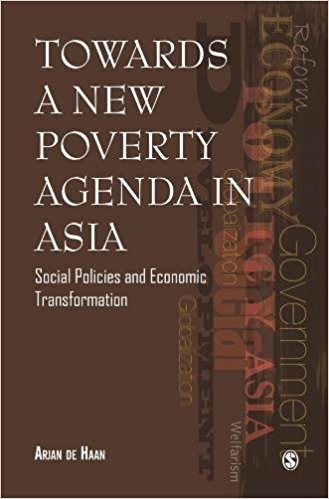Arjan de Haans book is timely and comes at a time when the global financial crisis is pushing more people into unemployment and making governments in the developed and developing worlds slash budgets and shrink the states interventions in the social sectors.The role of social policies in the shaping of wellbeing, combating exclusion, and responding to economic crises is the key theme of de Haan’s book. Unlike the traditional perspective of seeing social policy in a residual fashionas the interventions that deal with the unintended consequences of economic and structural adjustment policiesDe Haan views social policy in an expansive light. First, social policy is seen as an essential complement to economic policies. Second, the perspective is crosssectoral, and broader than social protection or social security (p.2). Third, his social policy perspective rejects a technocratic approach and highlights the political dynamics of public policiesthe fact that interest groups and political projects drive social policy formulation, implementation and even monitoring (p.17). Social policy, for de Haan, includes human development, health and education, preferential policies, poverty alleviation programmes and social protection schemes (p.23).
The book is an important addition to the research on poverty and considers the policy space where specific policy instruments are debated and chosen, the actors that directly shape the choices and those who shape well being and processes of inclusion, and simultaneously emphasizes the interrelationships between social policy instruments, other policies and market processes. De Haan, building on but cutting across Dreze and Sens distinctions between growth mediated and support led security, brings us important messages: the role of the state is important, redistribution and economic growth are compatible, but the positive links are not automatic but depend on several conditions including the politics of these policies and conditions under which the marginalized groups are able to promote progressive and substantive social policies.

